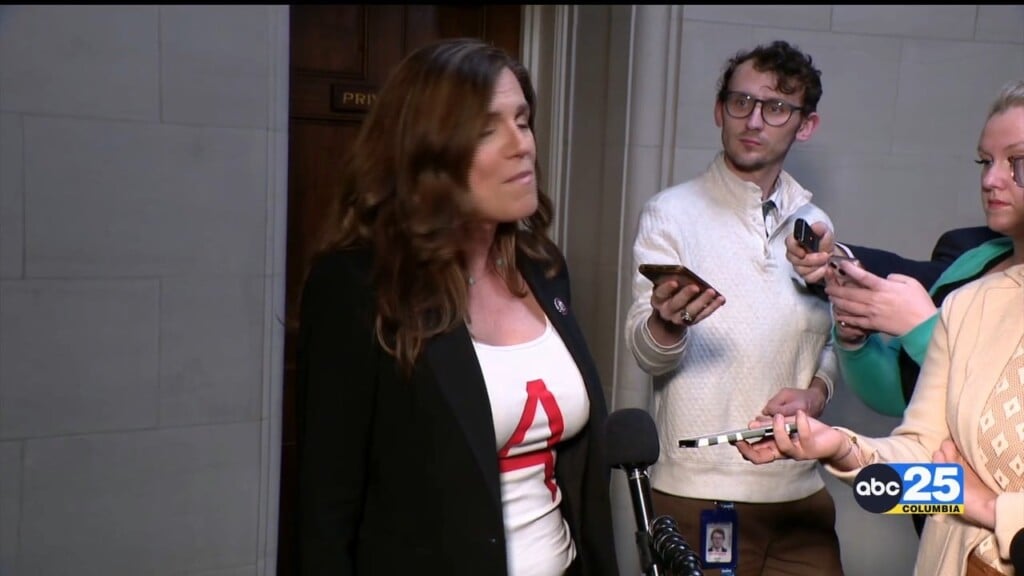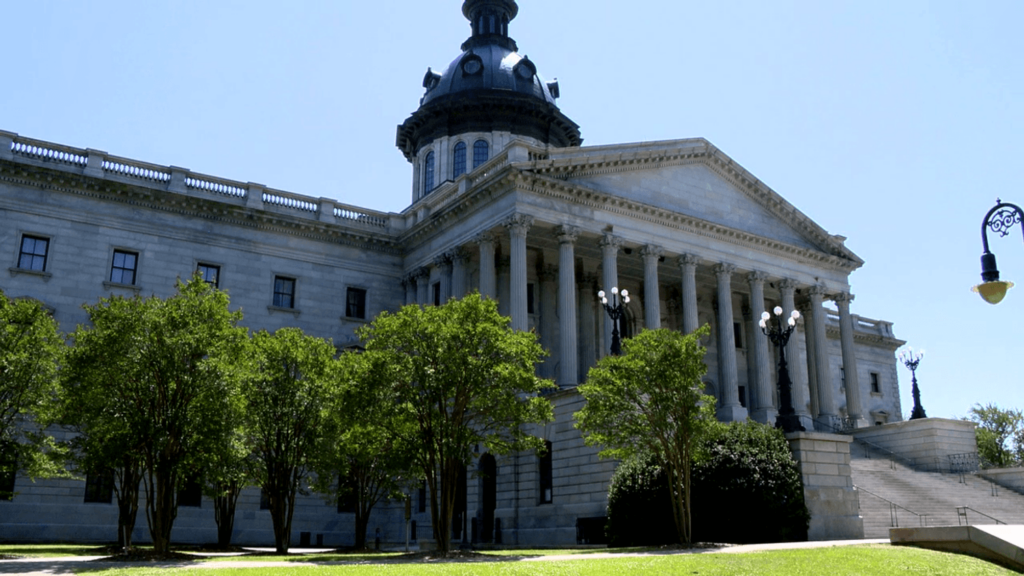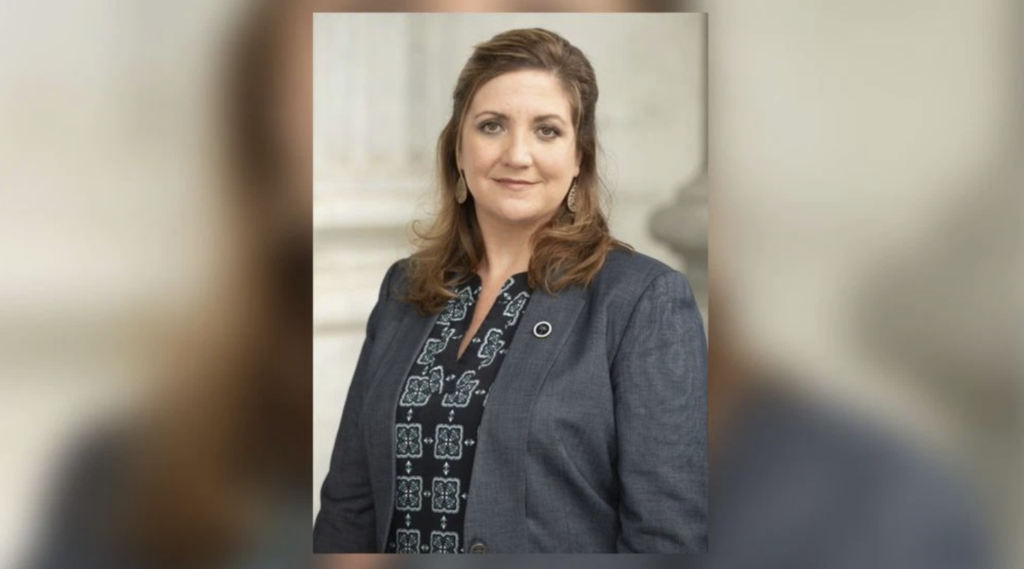Tim Scott blasted over efforts to roll back Biden-era caps on overdraft fees for big banks

Sen. Tim Scott (R-SC) has drawn criticism as Chairman of the Senate Banking Committee after leading an effort to roll back caps on overdraft fees put into place under the Biden administration. (AP Photos, X)
(WCIV) — Sen. Tim Scott (R-SC) has drawn criticism as Chairman of the Senate Banking Committee after leading an effort to roll back caps on overdraft fees put into place under the Biden administration.
Scott joined House Service Committee Chairman French Hill (R-AR) introducing Congressional Review Act resolutions on Feb. 13 aimed at overturning the Biden Administration’s Consumer Financial Protection Bureau’s final rule capping overdraft fees at major banks and credit unions.
“Tim Scott is fighting to bring back excessive predatory overdraft fees—lining the pockets of big banks at the expense of working families,” the South Carolina Democratic Party wrote on X Wednesday. “South Carolinians deserve leaders who put people over profits—not big banks looking to make larger profits.”
Scott said that he was proud to lead the effort to overturn the “misguided rule.”
The CFPB’s Dec. 12, 2024 final rule was aimed at closing an “outdated” overdraft loophole that exempted overdraft fees as a finance charge. The CFPB said at the time that overdraft loans became highly profitable for banks as the practice of mailing and receiving checks diminished with the rise of electronic banking. Decades ago, overdraft fees were charged as a “courtesy” to honor paper checks sent through the mail that arrived late. The agency said that these modern “highly profitable” overdraft loans increased consumer costs by “billions of dollars.”
To comply with the Dec. 12 rule, banks and credit unions with over $10 billion in assets would have to choose one of the following options given by the CFPB under Biden:
- Cap their overdraft fee at $5
- Cap their fee at an amount that covers costs and losses of the overdraft
- Disclose the terms of their overdraft loan just like other loans, like credit cards
Scott and Hill argued that the CFPB under President Biden overstepped the agency’s authority and “routinely targeted legitimate payment incentives and practices” to make headlines instead of pursuing “sound policies.”
“The overdraft rule was yet another example – many consumers rely on overdraft services to make ends meet and limiting this practice will push Americans to riskier financial products,” Sen. Scott said.
The American Bankers Association filed a lawsuit the same day the final rule came down. The ABA argued that as a result of the rule, banks could cease to offer overdraft services at all in a foreshadowing of Scott’s current sentiment.
“Consumers experiencing a short-term fund gap and those without credit access rely on overdraft services to put food on the table, keep their lights on, and make other important payments on time,” the ABA wrote at the time. “Without overdraft services, they can be forced to turn to worse non-bank alternatives, such as fees for late payments on essentials like rent and utilities; pawning or selling something; borrowing money from friends and family; or taking out a payday loan.”
Former Secretary of Transportation under the Biden administration Pete Buttigieg also took to X to weigh in on the initiative to scrap the CFPB’s rule, saying Republicans were aiming to “increase your bank fees.”
Political action committees (PACs) or individuals affiliated with the ABA, American Express, PNC Financial Services, Consumer Bankers Association, Capital One Financial, the Mortgage Bankers Association, and America’s Credit Unions donated upwards of $20,000 each to Scott’s Tomorrow Is Meaningful (TIM) Leadership PAC, according to data sourced from Open Secrets.
To read the full resolution, see here.


